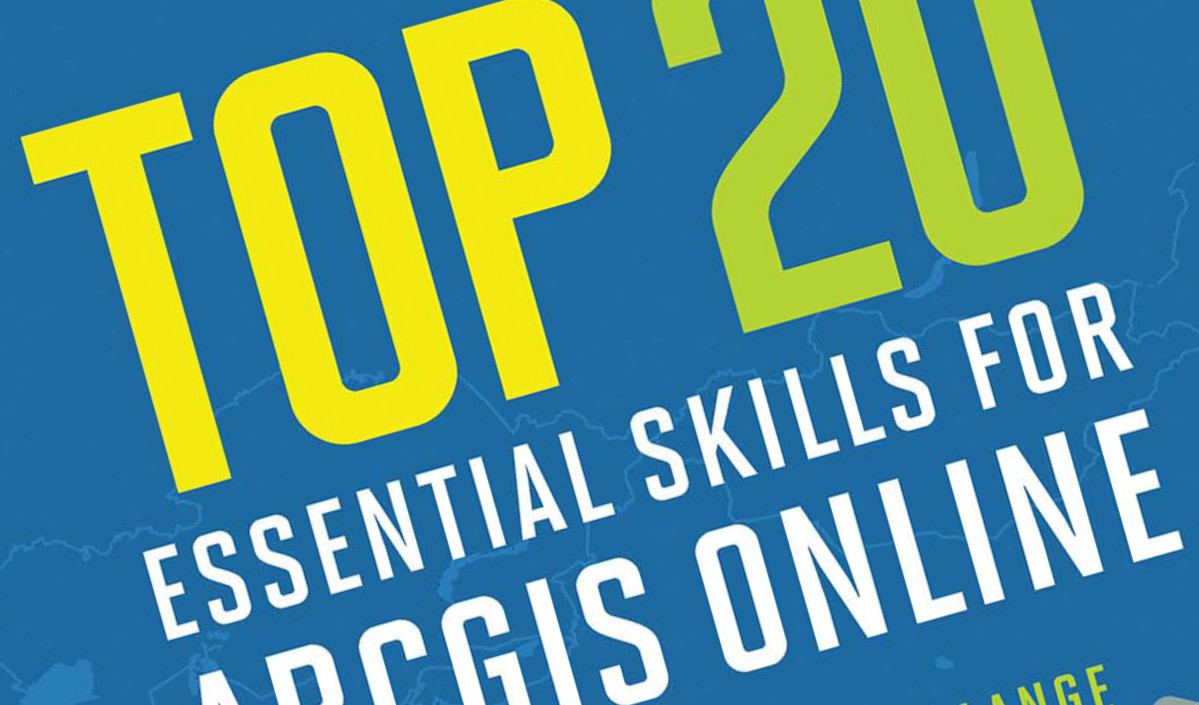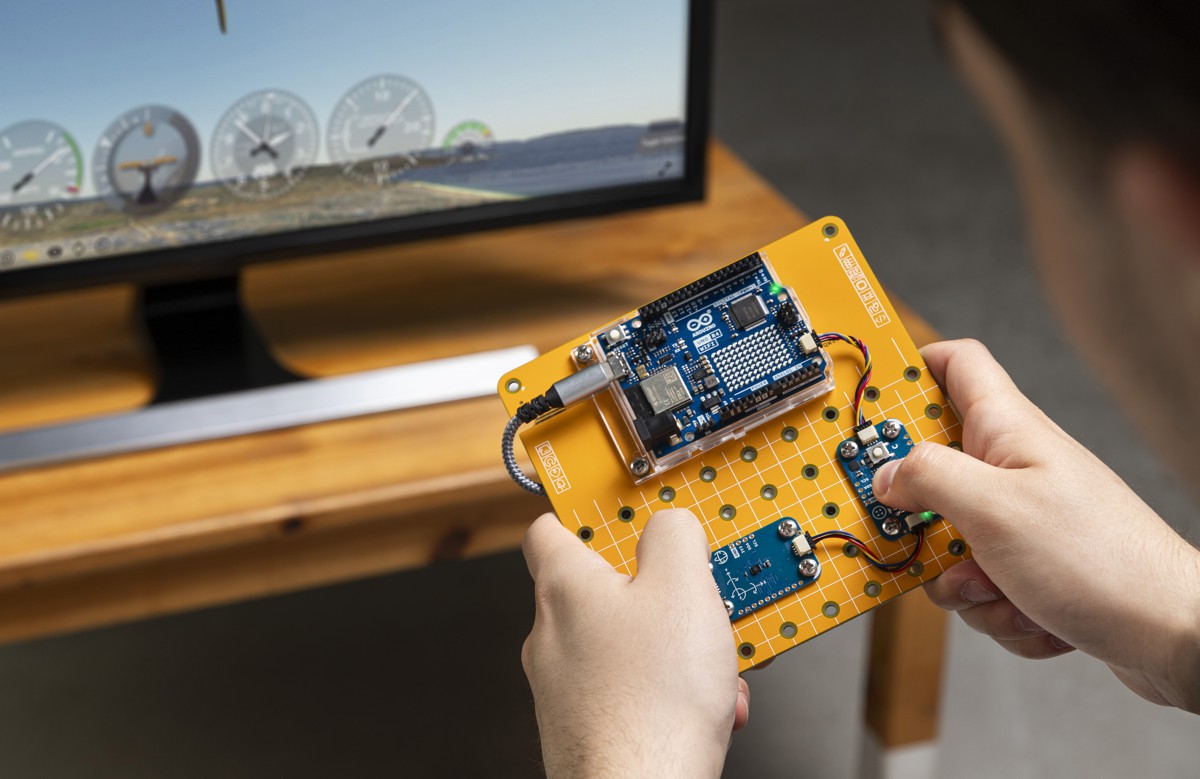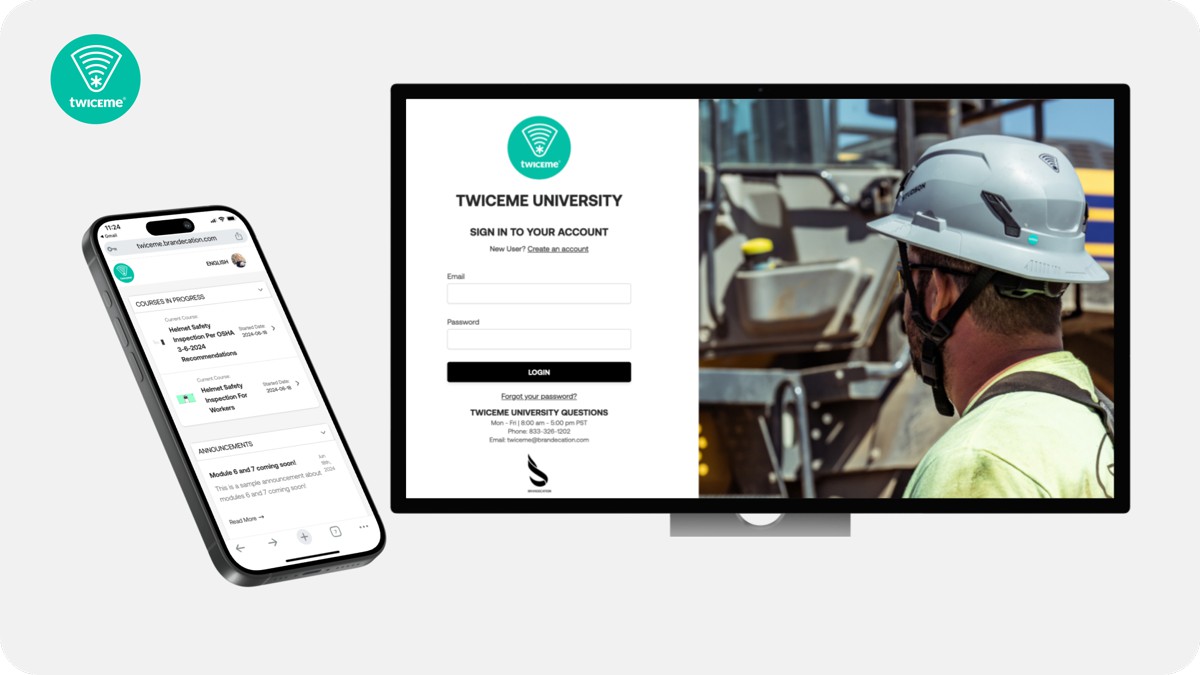5 tips to write a perfect Academic Paper for Engineering Students
Writing a decent academic paper is a major requirement regardless of the course a student is taking and also one of the hardest. There are a lot of standards and rules in writing academic papers that are usually overlooked by students, which result in a low or failed grade.
inkmypapers is an essay service in Singapore who are excited to share their top 5 comprehensive and highly useful tips for writing successful academic papers for engineering students.
1. Plan and research your topic
First, if you have not been given a topic to write on, be sure to brainstorm your topic first. What are the things you need to consider in brainstorming for your topic?
- Be sure that the topic you come up with is relevant to the subject for which the academic paper has been set. If in doubt, talk to your tutor.
- Be sure that your topic is researchable, you don’t want to find halfway through there is limited academic literature written on your topic.
- Writing academic papers is exhausting, so be sure to not only choose a topic related to your subject, but a topic that is of genuine interest to you.
Second, if your professor has provided you a topic to write on, here are the things you need to consider:
- Understand the questions provided correctly, and make sure that you address them accordingly. Otherwise you will fail to deliver the academic paper which was tasked for you to write. Questions provided should be correctly and completely answered, if you fail to do this, it may result in a low or failing grade.
- Make sure to also read the standards for grading criteria of the academic paper you are writing, because these standards are the very factors which will be considered in grading your academic paper.
- Take note of the command words if any, such as: analyze, assess, compare, critically evaluate, define, demonstrate, elaborate, examine and so on. These command words most often determine the manner through which your academic paper should be written.
Third, engineering topics usually are technical in manner, hence, it is important that you research and include, if applicable, items such as: theory, design, and frameworks that can further strengthen your discussion.
2. Use these research hacks in researching for your topics
Sometimes researching through a sea of information can be confusing, with excessive information thrown up by keywords showing repetitive or irrelevant results. Follow these research hacks that will definitely make research tasks easier and more efficient!
Hack #1
Use quotation marks to get specific results. This will filter the content to show the specific research item you are looking for. Here’s how: “consumer decision making process”
Hack #2
Use hyphen to eliminate results you do not need. Here’s how: If you want to concentrate on written results about Women in STEM, you can type: -engineering -stem -women.
Hack #3
Use “site:” to show search results only from your website of choice. Here’s how: site:cnn.com STEM
Hack #4
Use “site:.edu” to show exclusive results from educational websites. Here’s how: site:.edu STEM
3. Make an outline, and then write your paper progressively
Making an outline plan before you start to write an academic paper is really helpful. Having an outline helps students or writers establish the clarity of the paper or essay being written – it helps create an established direction.
Do not mistake an outline as an absolute for your academic paper, most often these outlines will evolve as you research further and deeper into the topics that you are writing, hence it may be progressive and evolve, but watch out you don’t go off on a tangent. Stick to the topic.
Unless stated otherwise, this is the usual format for writing academic papers for engineering subjects:
i. Introduction
This is the part where most students get it wrong and write an introduction with a lengthy background and historical information, which are most often irrelevant to the topic they are writing.
In an effort to write long academic papers or reach the minimum the word count requirement, most students rely on writing their introductions longer.
Introductions should include general background information instead of lengthy background and historical information.
- introduce the focus of the topic.
- problematize the topic of your academic paper in order to give substance to the purpose of writing it.
- mention the objective and flow of the paper or essay.
An introduction should only be 8-10% of the entire length of the academic paper or essay.
ii. Rationale
This further details the purpose and sense of the topic you are writing.
iii. Literature Review
This should include journal articles, case studies, and books both from local and international credible sources.
iv. Theory and Design
This part is crucial as this supports your claim or hypothesis. Your argument should also be explained by the theory you will provide.
v. Framework
This gives a visualization of your entire academic paper in one look. This should be related to the theory will provide.
vi. Conclusion
One common mistake in writing conclusions, is to include new information and cite new sources. This part concludes everything you have written and must not contain newly cited information.
Make sure you are able to summarize all major and important points, and either provide a stand or the results of your research, whichever is applicable to your topic.
Conclusion should comprise 10% of the entire length of your academic paper or essay.
4. Verify your sources
This is very important, the credibility of your academic paper relies on the credibility of your sources. Wikis and blogs might not be suitable or reliable sources.
How would you know if your sources are credible and can pass the academic standard? Normally, published books are highly reliable and credible, however, as fewer students go to the library nowadays to physically scan through books, and instead use electronic or digital sources, you need to know if your sources from the internet are credible.
- Make sure online articles and books are published. Check the publication of these materials.
- You can use Google Scholar in researching academic articles, journals and books.
- Websites of legitimate news platforms and government are credible sources.
5. Proofread your paper
- Grammar: Make sure you use excellent grammar and proper English tenses for your academic paper. Sloppy mistakes can give the impression that you crammed, or were careless in writing your paper. This is also one factor consistently included in the criteria for grading.
- Coherence: It is not enough to write your academic paper as you please, or as information comes by – stick to your outline you created at the beginning stage of writing your paper. It is important that you have topic sentences and supporting sentences that are related.
- Structure and Unity: These deliver coherence to your paper. Topics and statements should be related with one another, and clearly written. The structure of your paper should be progressive, relating previous points to the succeeding ones. It is important your topics and statements are unified to support the thesis of your academic paper.
- Format and typographical errors: These are technical matters, but are important – just like grammar. If you paper has format and typographical errors, it may show lack of care and commitment. Make sure that if your professor provided formats such as font, font size, spacing and word count, you followed them correctly.
- Citations: Never ever forget to cite your sources, because doing so is academic suicide. If you are sloppy and forget or intentionally fail to cite your sources, this can be considered plagiarism, and you will fail your academic paper entirely. Make sure that if the citation format such as APA, Harvard, Chicago and so on was set that you follow it accordingly. If you need a citation guide use the Purdue Online Writing Lab.
Conclusion
Applying these 5 tips will be a good start, so remember to:
- Plan and research your topic.
- Use research hacks.
- Make an outline.
- Verify your sources.
- Proofread your paper.
You will never be short of anything to write with good habits, proper research and due diligence.
Good luck!
If you are looking for part-time courses you may want to check out the Top 9 Cheapest Part Time Diploma Courses in Singapore.















